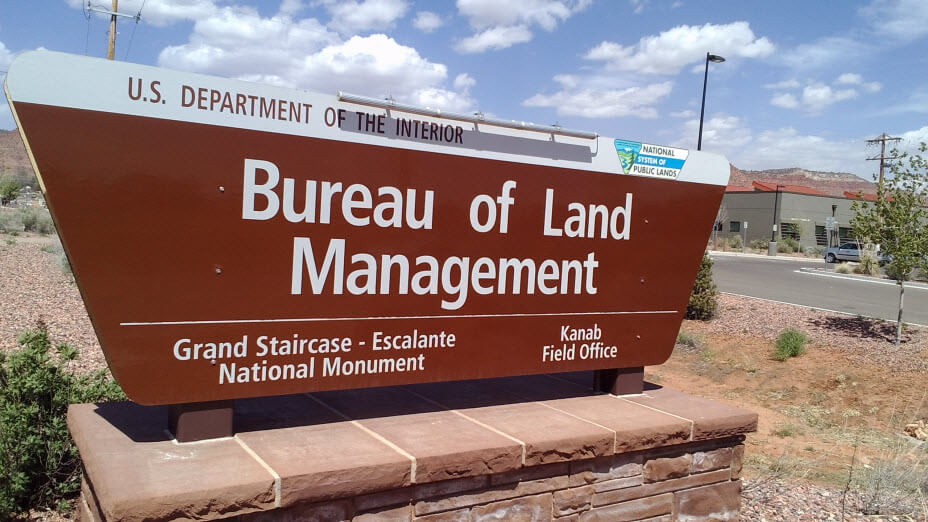How to Kill a Federal Agency

Among the many things Donald Trump and his evil minions left hopelessly broken is the Bureau of Land Management. The plan: close most of the jobs in Washington and force workers to either quit or move to Grand Junction, Colorado (Lauren Boebert’s district, for context), which is where the agency would now operate out of. The goal: shrink this department to the point of complete ineffectiveness so that oil and gas and mining and cattle interests can run roughshod on the public lands. So far, it’s sadly been very successful.
After the Trump administration announced its plans to relocate the Bureau of Land Management (BLM) headquarters to Colorado, more than 87 percent of Washington-based employees decided to leave the agency, according to new numbers released by the Biden administration.
The figures show that following a July 2019 announcement the Department of the Interior would uproot the majority of BLM employees, just 41 agreed to relocate, while a staggering 287 either retired or left the agency before the end of 2020.
The flight of employees came after Trump’s BLM rolled out a plan that would leave just 60 of the agency’s 10,000 employees in Washington, D.C., establishing a new headquarters in Grand Junction, Colo., while spreading the majority of Washington-based staff to various offices across the West.
“The bureau lost a tremendous amount of expertise; those were very seasoned people,” said Steve Ellis, who held the highest-ranking career position at the BLM under the Obama administration. “The numbers confirmed my worst fears. I hope we can get some of them back.”
Critics saw the move as a way to dismantle an agency that at times stands in the way of development on public lands, particularly for the fossil fuel industry.
Previous reporting from The Hill found the move would split apart a key public lands team, spreading across seven states those who review the environmental impacts of government decisions.
Biden can fix a lot of things, but this one is tougher. Getting the band back together in Washington is certainly possible, but a lot of these experts now have new jobs, whether in Washington or a place more amenable than Grand Junction. And why trust working for the agency again when four or eight years from now, you are again forced to choose between living in Washington or living in fairly remote western Colorado?


